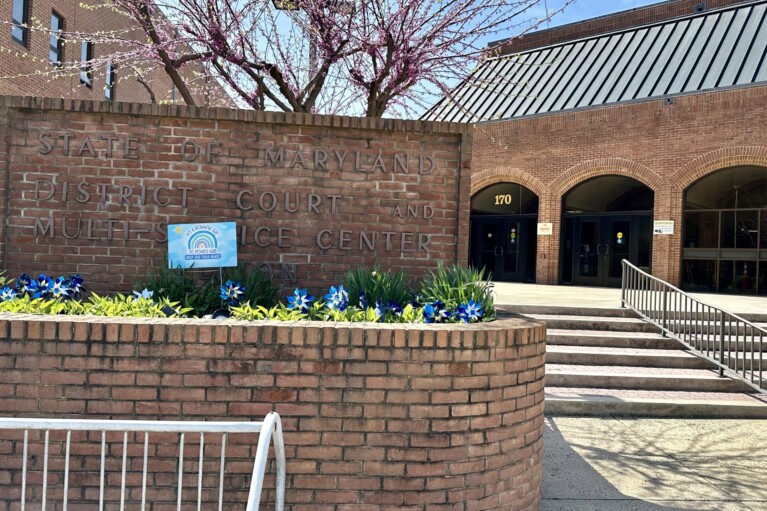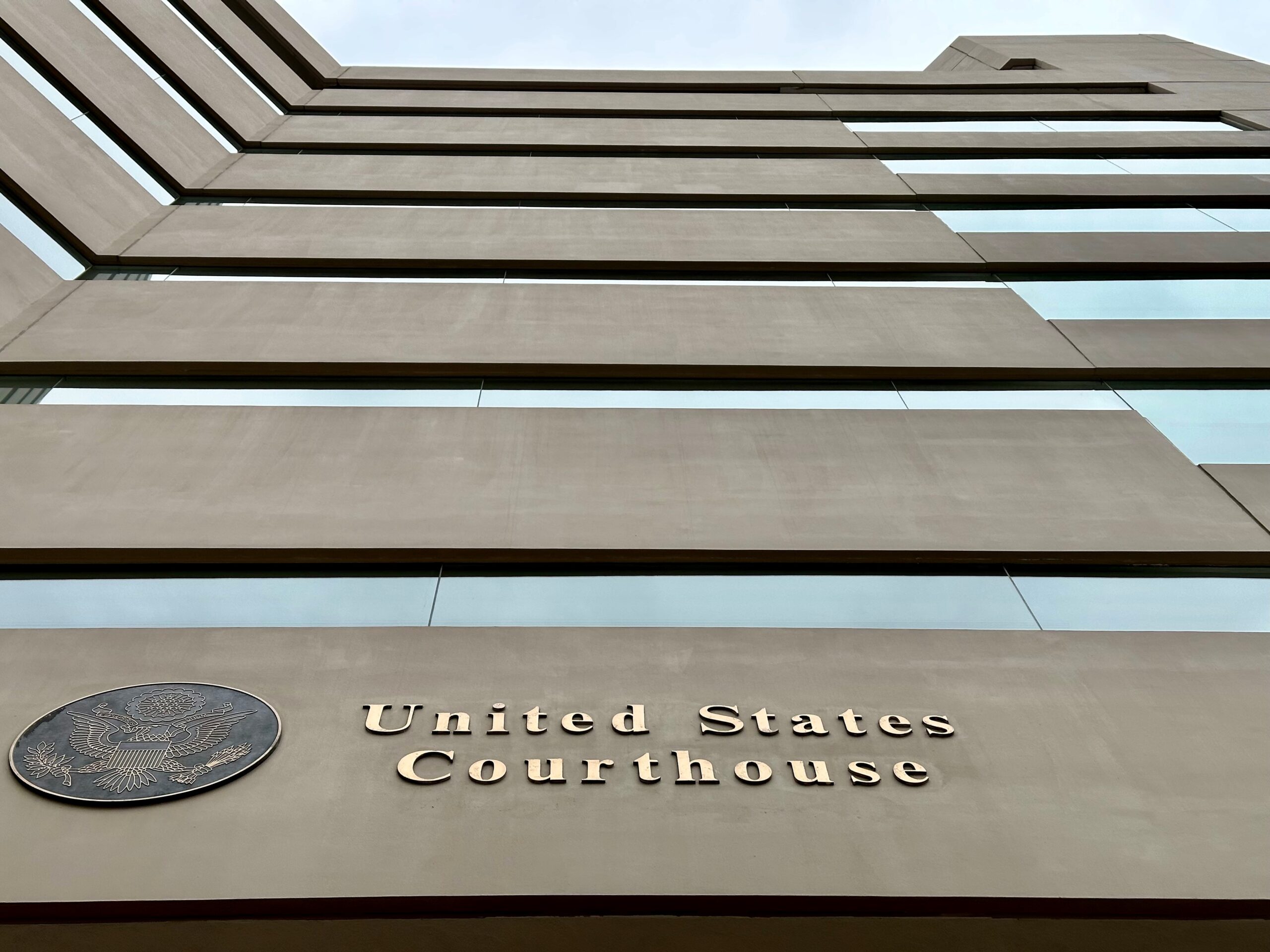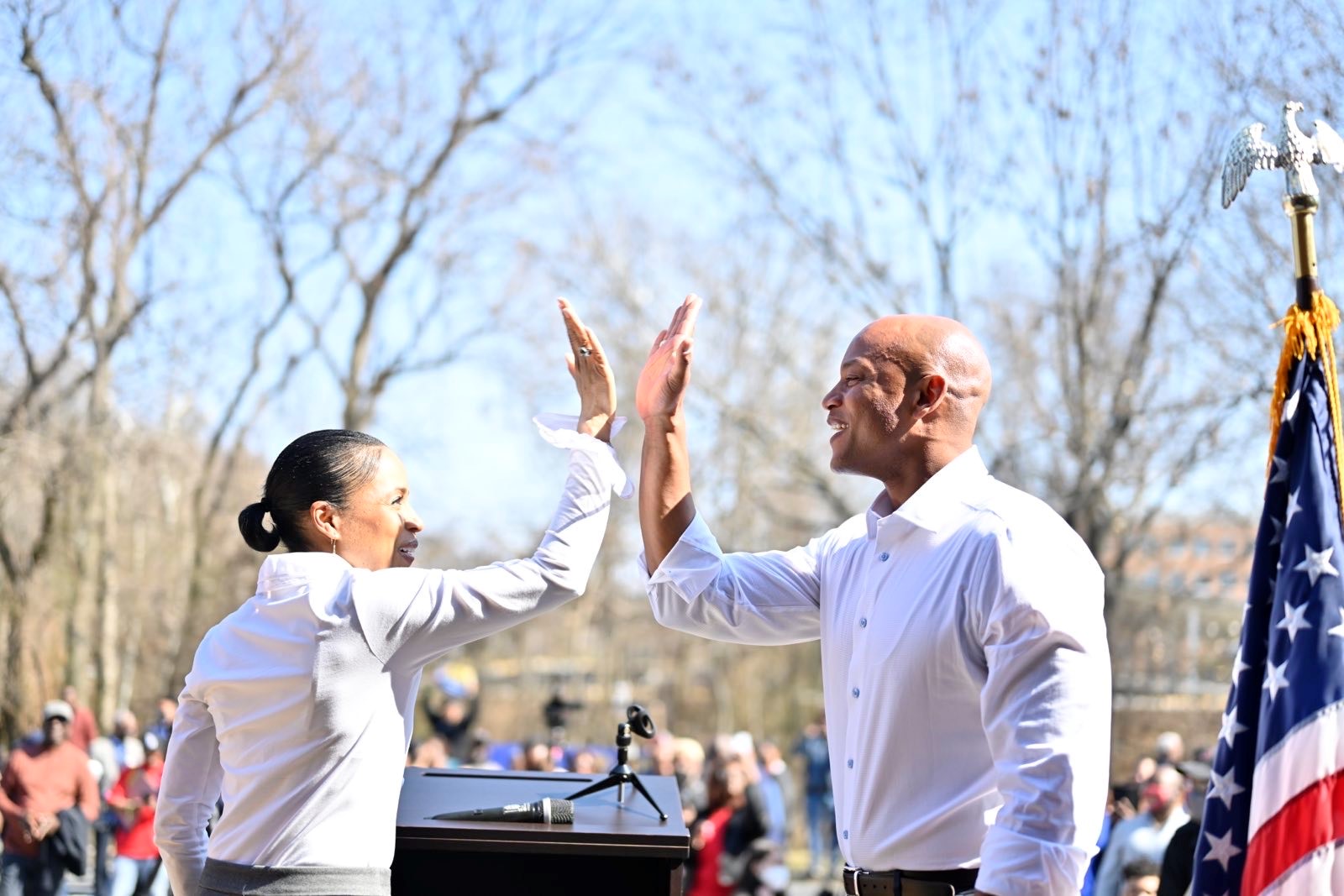The specter of the 2020 presidential election hovered over the House of Delegates as it gave final approval Friday morning to a bill that would allow Maryland voters to permanently vote by mail.
House Bill 1048, sponsored by Del. Jheanelle Wilkins (D-Montgomery) would allow voters to claim a permanent absentee status and vote by mail. Advocates have said the bill will benefit those who find it difficult to travel to polling places, and that the safety and popularity of voting by mail was proven during the unusual 2020 election cycle.
But Republicans who opposed the bill pressed for increased guidelines for voting by mail, including more stringent rules for maintaining the voter rolls and identification requirements.
Debate on the bill was mired in heated rhetoric, even as lawmakers denounced partisanship.
“There’s some out there that think that Republicans want to prevent certain groups of Americans from voting. And there are certain people out there who think Democrats want to have all the fraud possible to produce the outcomes that they want and are up,” House Minority Leader Nicholaus R. Kipke (R-Anne Arundel) said. “And if you watch CNN, you get one line. And if you watch Fox News, you get another line. Well somewhere in between all of that is the truth.”
Kipke said he was upset at the notion that Republicans opposing and attempting to amend the bill were operating in bad faith.
House Majority Leader Eric. G. Luedtke (D-Montgomery) responded that voter fraud cases were “vanishingly rare.”
“And yet we hear over and over again, ‘Well, we got to be careful about fraud, we’ve got to be careful about fraud,’” Luedtke said. “And that’s constantly used as a reason to not give people the options to exercise their sacred, constitutional right of voting.”
Wilkins said the debate over whether to expand absentee voting had been lost to “distractions.”
“Just because a group of voters have been lied to about fraud, and red herrings and unfounded concerns around ballot harvesting, does not mean that we have to embrace it in this chamber,” Wilkins said. “This is a bill that will increase convenience for voters, whether they vote red, or they vote blue.”
Kipke responded that suggesting he and others opposed to the bill had bought into lies was insulting.
“It’s the truth these things happen. Is it widespread? I don’t believe so. Have some people used it to mislead people for their own political agendas? Yes,” Kipke said. “What we’re suggesting is we could do this one a little better.”
House Ways and Means Chairwoman Anne R. Kaiser (D-Montgomery) reiterated that ballot harvesting, a chief concern of Republicans during the debate, was illegal in Maryland, and that election results in all 50 states were certified by their secretaries of state.
Del. Matthew Morgan (R-St. Mary’s) said “perception is reality” and that people are concerned about voter integrity.
“It’s our job as elected officials to come together and not exacerbate those fears, but to bring people together and quiet them. Because the reason why we’ve had so many years of peaceful transfers of power in this country, is because people had faith in our election systems,” Morgan said. “And if you don’t have faith in your election system, that’s when you have people rioting because that’s their alternative.”
Under the bill, which was passed 95-38, voters would have the opportunity to opt-in to permanently receive their ballot by mail. Voters would be removed from the permanent absentee ballot list if they request removal, fail to return a ballot for two consecutive statewide elections, if any mail sent to them by the State Board of Elections is returned undeliverable, or if they are removed from the voter registration list for any other reason.
The House passage of the bill was celebrated by advocates Friday afternoon. “A permanent absentee voter list is a tool to increase equity, reduce barriers, maintain enfranchisement and participation for disabled voters, all hallmarks of a healthy democracy,” said Ben Jackson, staff attorney with Disability Rights Maryland.
The bill moves on to the Senate, where a similar bill, Senate Bill 683, had a hearing earlier this week.




 Creative Commons Attribution
Creative Commons Attribution